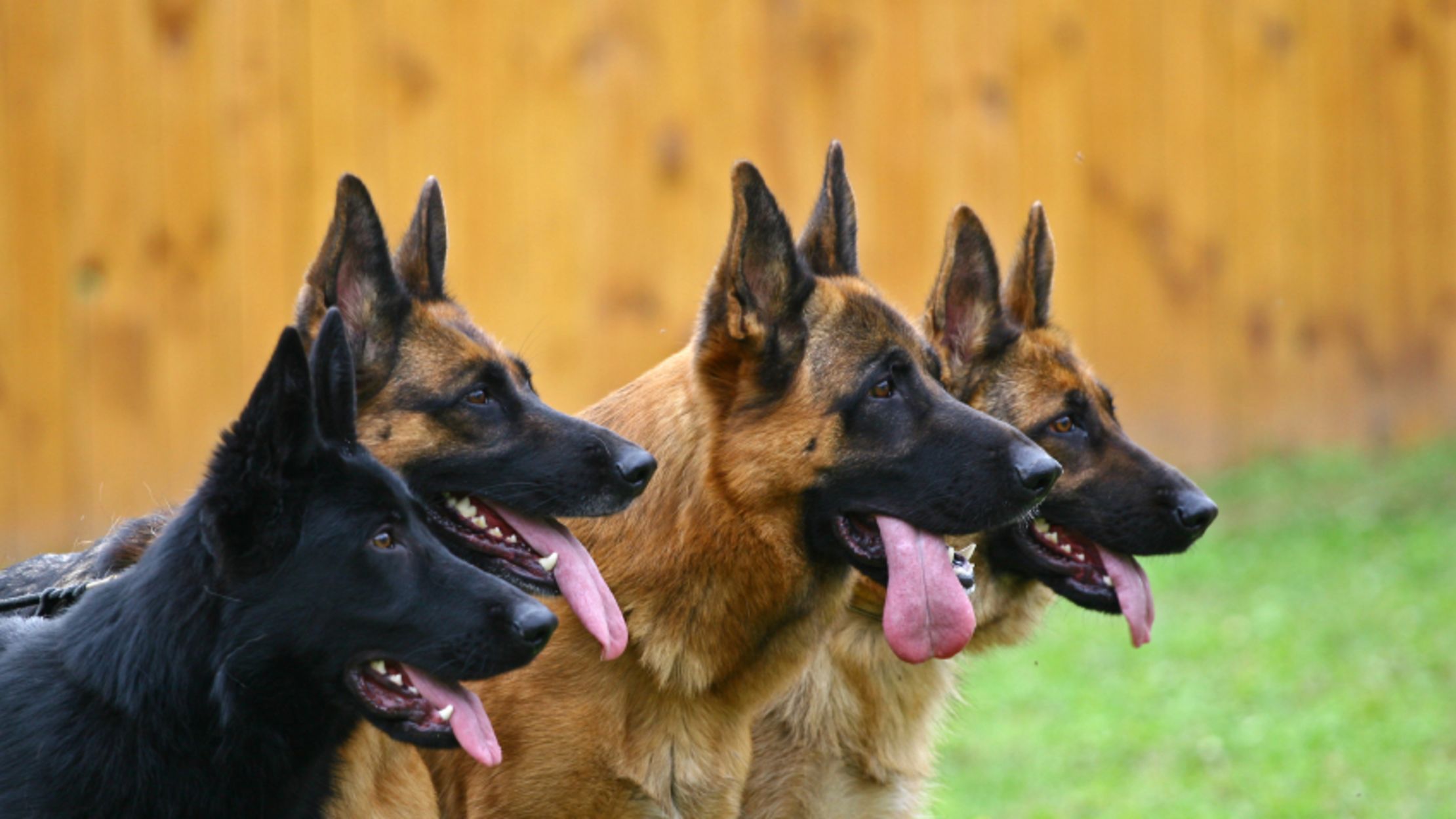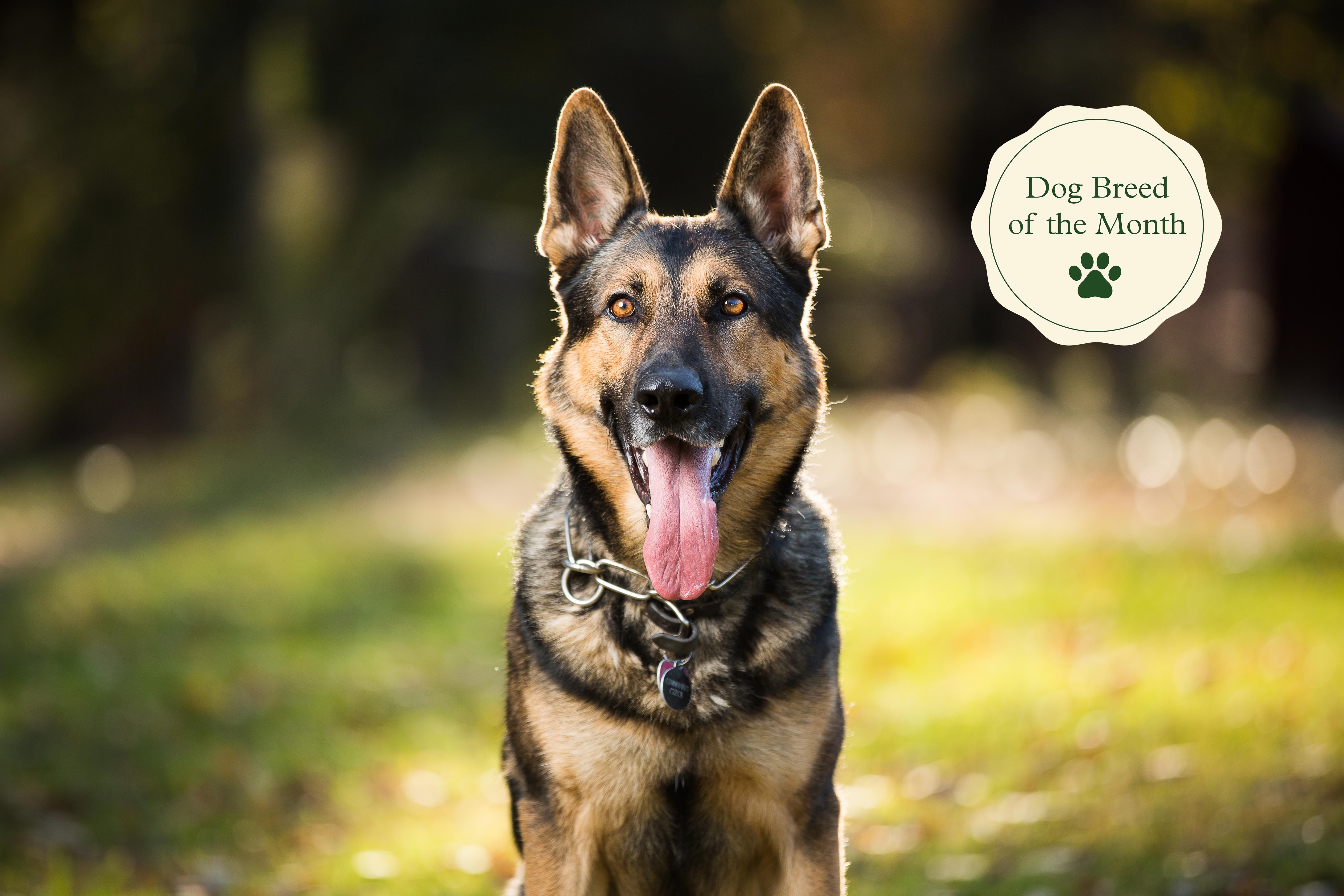German Shepherds: The Complexities of Playtime
German Shepherds, known for their intelligence, loyalty, and versatility, exhibit unique and intriguing behaviors during playtime. Understanding the complexities of their play not only provides insights into their mental and emotional well-being but also enhances human-animal interactions. This essay aims to critically examine the multifaceted nature of German Shepherd playtime, exploring their distinct mannerisms, the underlying motivations, and the implications for responsible pet ownership.
Play as an Essential Aspect of Well-being
Play is an indispensable aspect of a German Shepherd's life, serving multiple physiological, psychological, and social functions. Engaging in playful activities allows them to exercise, channel energy, and develop their cognitive and physical abilities. It strengthens their immune system, reduces stress, and promotes overall well-being. Moreover, social play with other dogs fosters proper socialization, communication skills, and conflict resolution techniques.
Distinct Play Styles and Body Language
German Shepherds exhibit a wide range of play styles, influenced by their individual personalities and preferences. Common behaviors include chasing, play-bowing, running, retrieving, and engaging in gentle "bitey face." Their body language often provides clues to their mood and intentions. Relaxed ears, a wagging tail, and an open mouth are typically signs of friendly play. Conversely, tense muscles, lowered body posture, and fixed stares may indicate aggression or fear.
Motivations Behind Playtime
The motivations behind German Shepherd playtime are varied and can include:
1. Predatory Instincts:
German Shepherds possess strong predatory instincts inherited from their wolf ancestors. Chasing and retrieving games tap into these instincts, providing mental stimulation and exercise.
2. Energy Release:
German Shepherds are highly energetic dogs that require regular physical activity. Playtime offers a safe and controlled outlet for their boundless energy, preventing boredom and destructive behaviors.
3. Social Bonding:
Social play with other dogs strengthens the bonds within a pack. It helps establish dominance hierarchy, fosters cooperation, and develops crucial communication skills.
4. Cognitive Stimulation:
Interactive play, such as retrieving or agility exercises, stimulates the German Shepherd's mind, promoting problem-solving abilities, focus, and attention.
Health Benefits of Responsible Play
Responsible playtime is crucial for maintaining German Shepherds' physical and mental health. Regular exercise reduces the risk of obesity, joint problems, and cardiovascular disease. Mental stimulation through interactive play prevents cognitive decline and promotes emotional stability. Furthermore, supervised playtime with other dogs helps socialize the dog and minimizes the risk of behavioral issues.
Understanding Playtime Aggression and How to Address It
While playtime is generally beneficial, it is essential to address inappropriate or aggressive behavior. Excessive biting, charging, or growling can indicate discomfort, fear, or excitement. Owners should establish clear boundaries and rules during playtime, using positive reinforcement techniques to redirect negative behaviors. If aggressive tendencies persist, it is recommended to consult a professional dog trainer or veterinarian to determine the underlying cause and develop appropriate interventions.
Conclusion
The complexities of German Shepherd playtime are a testament to the breed's intelligence and adaptability. By comprehending their distinct play styles, motivations, and the importance of responsible play, owners can foster healthy and fulfilling relationships with their canine companions. Understanding the complexities of German Shepherd playtime allows for responsible pet ownership that enhances the well-being and overall quality of life for these exceptional dogs.
Cane Corsos And Their Strong Bond With Their Families
Why Dachshunds Are The Ultimate Lap Dogs
Why German Shepherds Are Perfect For Active Families



